On Thursday, Congress passed a sweeping reconciliation bill known as the “One Big Beautiful Bill Act,” marking a major legislative victory for Republicans and President Donald Trump.
In the wake of its passage, Wyoming Governor Mark Gordon issued a statement cautiously supporting the bill, highlighting several aspects he views as beneficial for Wyoming, while acknowledging potential concerns.
In his statement, Gov. Gordon praised the bill’s provisions supporting Wyoming’s core industries and rural communities. He emphasized the importance of lifting the ban on coal leasing and reducing royalty rates on fossil fuel production, both of which are significant for the state’s energy sector. Gordon also welcomed the establishment of a $50 billion stabilization fund for rural hospitals and the removal of proposals that would have taxed Wyoming’s trona industry or prevented state-level regulation of artificial intelligence.
“The One Big Beautiful Bill Act is good for Wyoming,” Gordon said. “I worked closely with our Congressional delegation to hone provisions of the bill of particular importance to Wyoming citizens and our state’s economy.”
The bill also includes major investments in border security, which Gordon noted aligns with concerns shared by many Wyoming residents. These measures include funding for border wall infrastructure, increased support for Customs and Border Protection personnel, and expanded immigration enforcement efforts.
However, Gov. Gordon also expressed caution regarding the bill’s broader implications. He acknowledged that while Wyoming, which has not expanded Medicaid, may not experience immediate changes in healthcare coverage, some provisions could affect food pantries and summer education programs. He stressed the need for continued efforts to maintain statewide access to medical services.
Beyond state-specific impacts, the legislation makes significant changes at the federal level. The nearly 900-page bill permanently extends tax cuts from Trump’s first term, introduces new tax benefits for working individuals and seniors, and increases deductions for state and local taxes. It also contains substantial cuts to Medicaid and food assistance programs and could increase the federal deficit by up to $3.3 trillion over the next decade, according to the Congressional Budget Office.
Despite these concerns, Gordon remains hopeful.
“I am optimistic about our economy, but remain concerned about a burgeoning federal deficit,” he said, adding that he looks forward to working with the Wyoming Legislature to adjust to potential reductions in federal funding.
The bill passed both chambers largely along party lines, with Vice President JD Vance casting the tie-breaking vote in the Senate. Only two Republicans—Reps. Thomas Massie and Brian Fitzpatrick—voted against it in the House. The bill is now headed to President Trump’s desk for his signature.
While the bill includes numerous GOP priorities such as tax relief, increased military spending, and a rollback of clean energy incentives, critics warn of its long-term fiscal impact. Supporters argue it will stimulate economic growth, enhance national security, and reinforce conservative policy goals.
As Wyoming and the nation await the implementation of the legislation’s many components, Gov. Gordon concluded with a call for adaptability:
“We will find Wyoming solutions to the challenges ahead.”
With input from Oil City News, the Associated Press, FOX News, and CNBC.
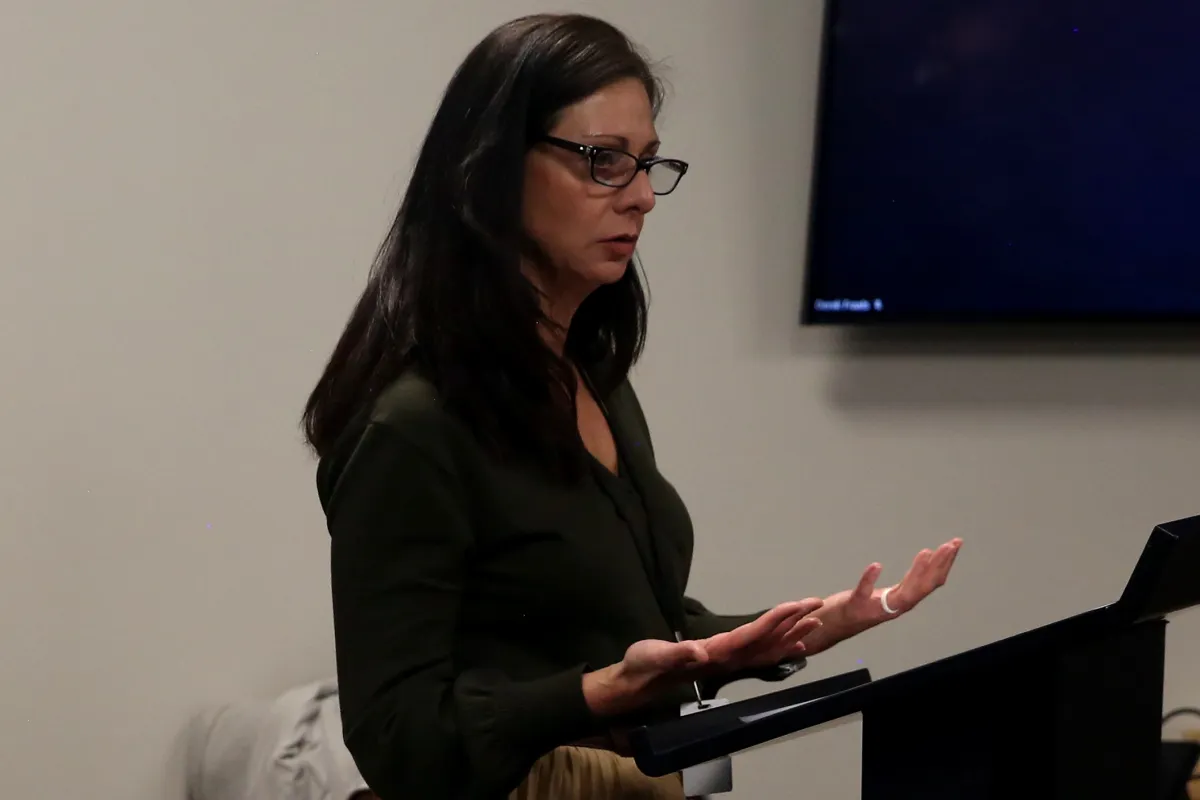
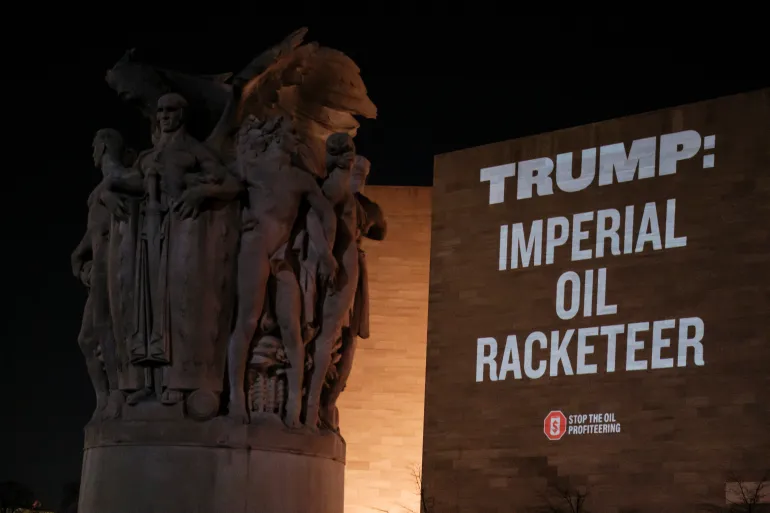

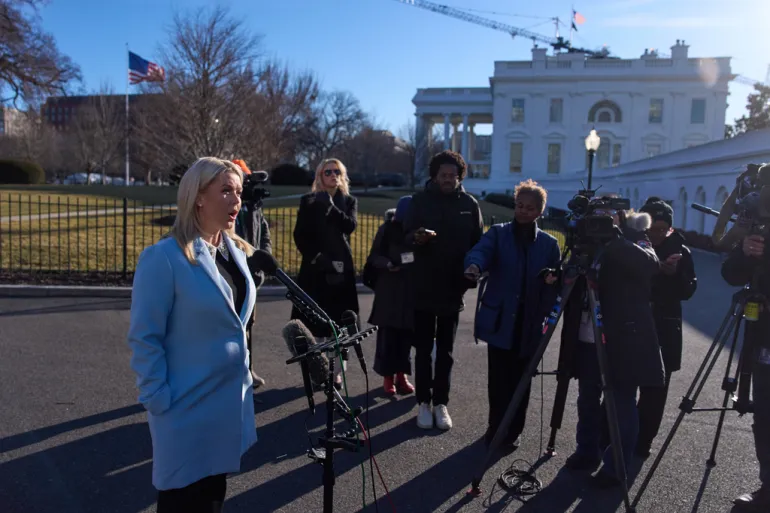
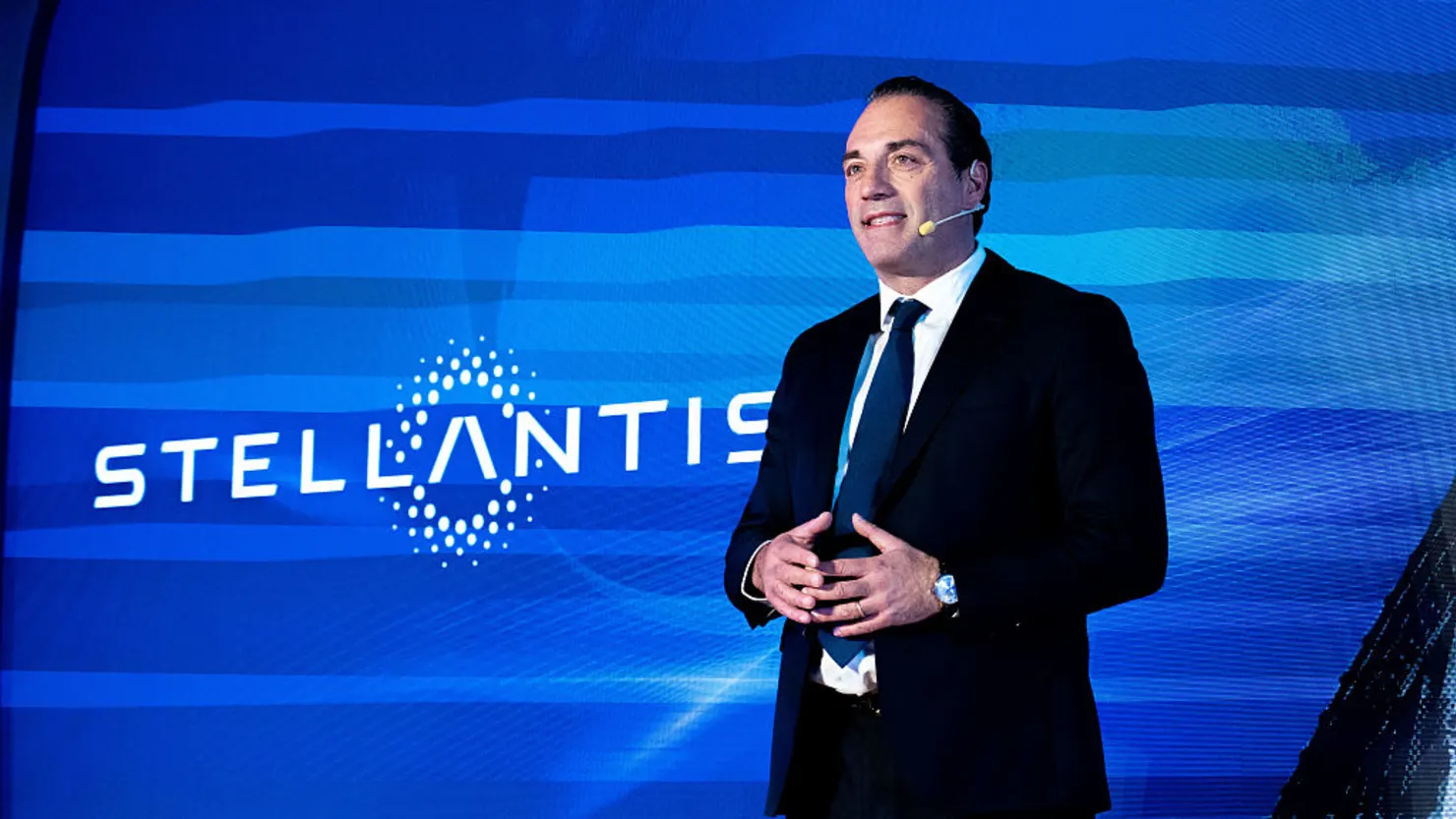
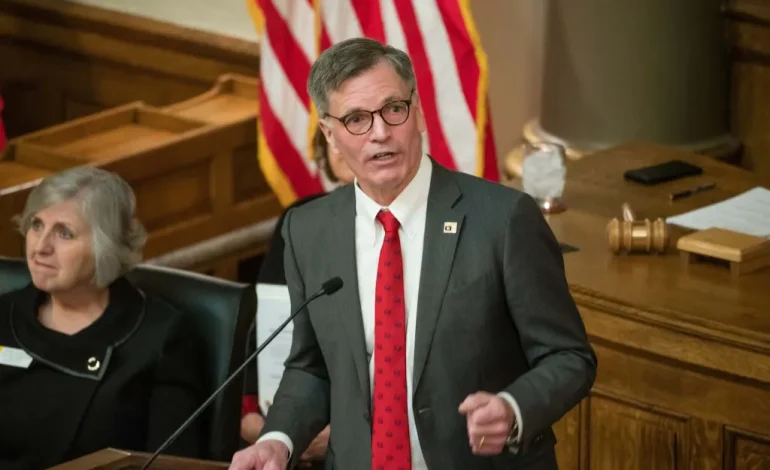




The latest news in your social feeds
Subscribe to our social media platforms to stay tuned